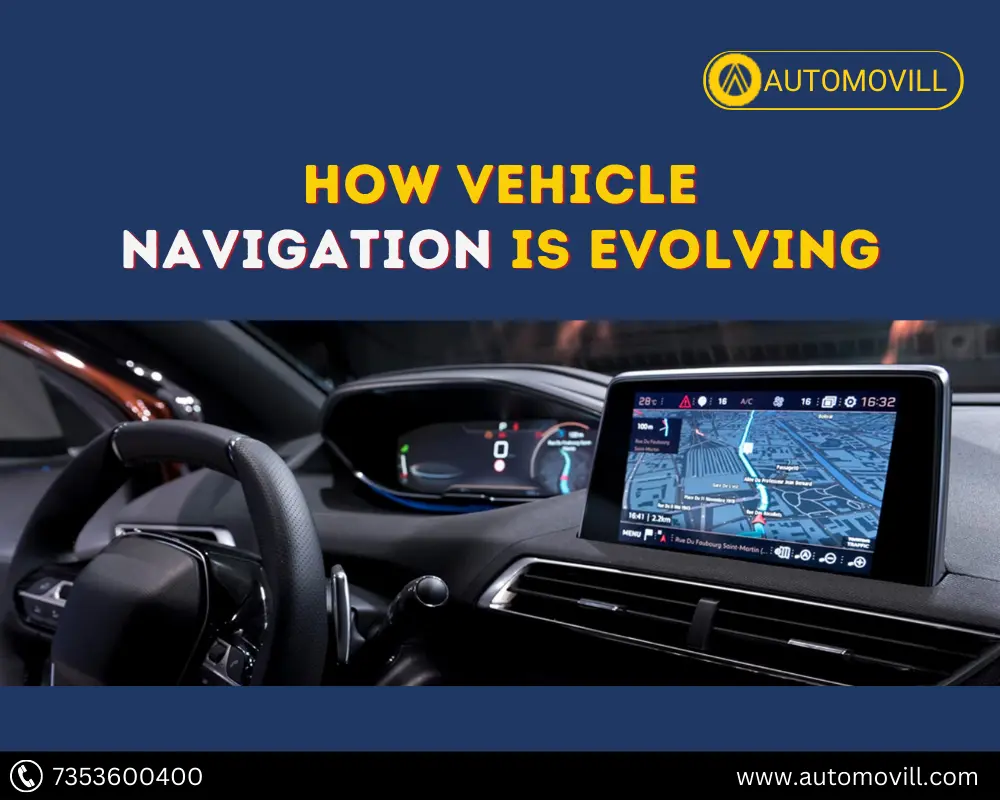
Vehicle navigation has come a long way since the introduction of GPS technology in the 1990s. Today, navigation systems are a common feature in most vehicles, but the technology is still evolving.
The Rise of Connected Navigation
Connected navigation is an emerging technology that uses cloud-based services to provide real-time traffic information, weather updates, and other data to drivers. This technology is already being used in some vehicles, but it is expected to become more widespread in the coming years.
Benefits of Connected Navigation
Connected navigation offers several benefits to drivers, including:
- Real-time Traffic Information: Connected navigation can provide drivers with up-to-date information on traffic conditions, road closures, and other factors that can impact their route.
- Improved Routing: By analyzing real-time traffic data, connected navigation systems can suggest alternate routes that may be faster and more efficient.
- Personalization: Connected navigation can learn a driver’s preferences and habits and suggest routes based on their individual needs.
- Integration with other systems: Connected navigation can be integrated with other vehicle systems, such as entertainment and climate control, to provide a seamless driving experience.
The Role of Artificial Intelligence
Artificial intelligence (AI) is another technology that is expected to play a significant role in the future of vehicle navigation. AI can be used to analyze vast amounts of data and provide drivers with personalized recommendations based on their individual driving habits and preferences.
Benefits of AI in Navigation
AI can bring several benefits to vehicle navigation, including:
- Personalized Recommendations: AI can analyze a driver’s driving habits and preferences and provide personalized recommendations for routes, destinations, and other factors.
- Improved Safety: AI can analyze real-time data on weather, traffic, and other factors and suggest safer routes to drivers.
- Predictive Maintenance: AI can analyze data from the vehicle’s sensors and systems and provide early warnings of potential maintenance issues.
- Integration with other systems: AI can be integrated with other vehicle systems, such as advanced driver assistance systems (ADAS), to provide a seamless driving experience.
The Future of Navigation
The future of vehicle navigation is expected to be a combination of connected navigation and AI. Vehicles will be equipped with advanced sensors and systems that can provide real-time data on traffic, weather, and other factors. AI algorithms will analyze this data and provide personalized recommendations to drivers.
Conclusion
Vehicle navigation has come a long way in the last few decades, but the technology is still evolving. Connected navigation and AI are expected to play a significant role in the future of vehicle navigation, providing drivers with personalized recommendations and a seamless driving experience. As these technologies continue to evolve, we can expect to see even more innovative features and capabilities in the vehicles of tomorrow.
